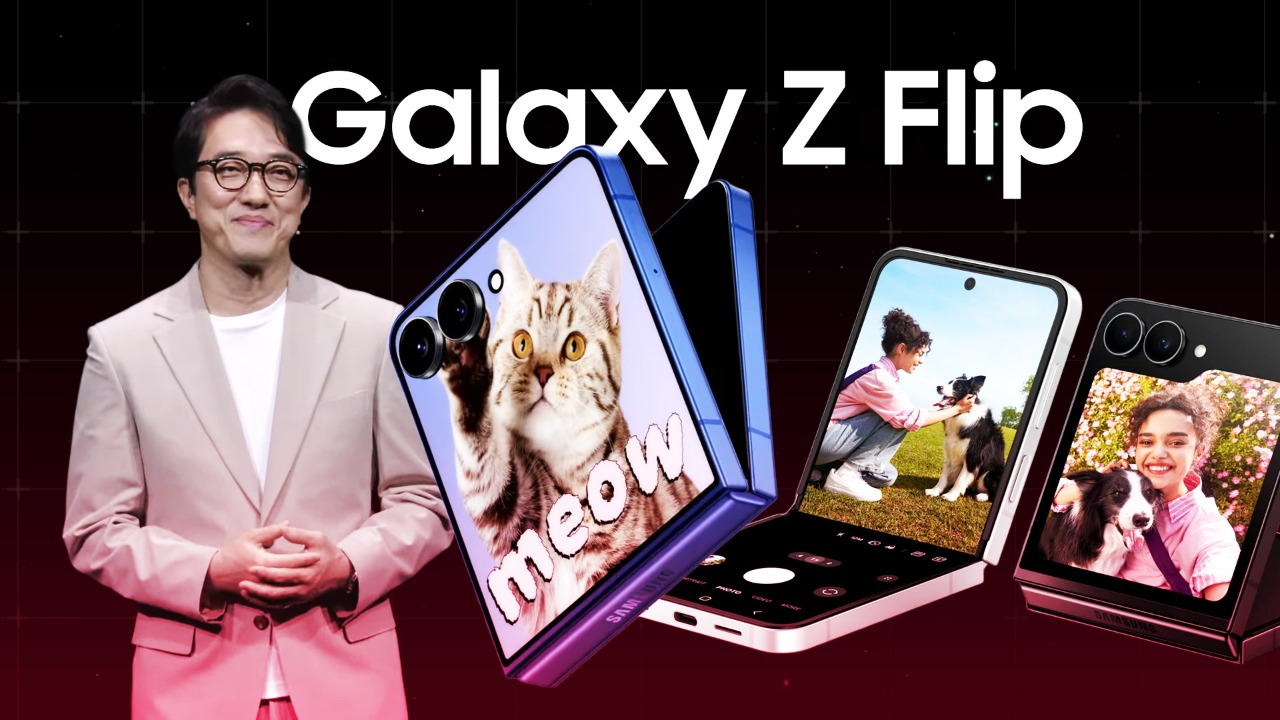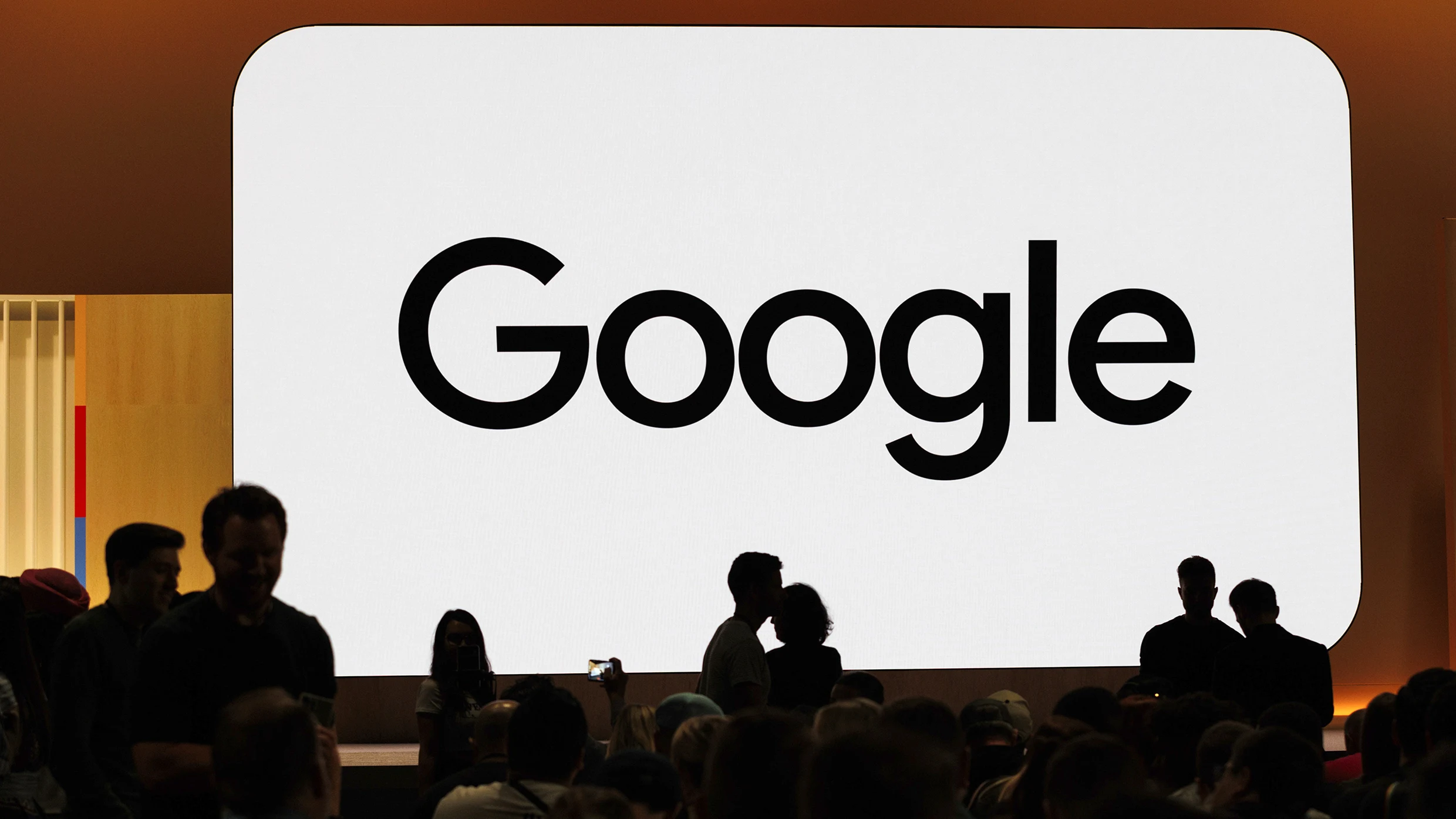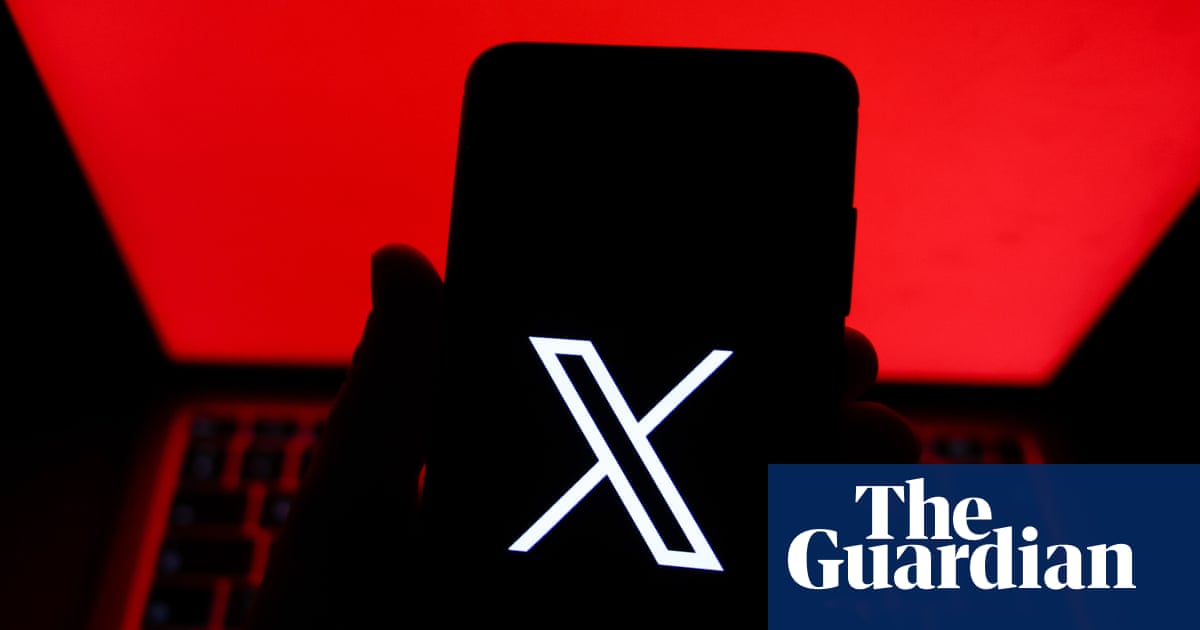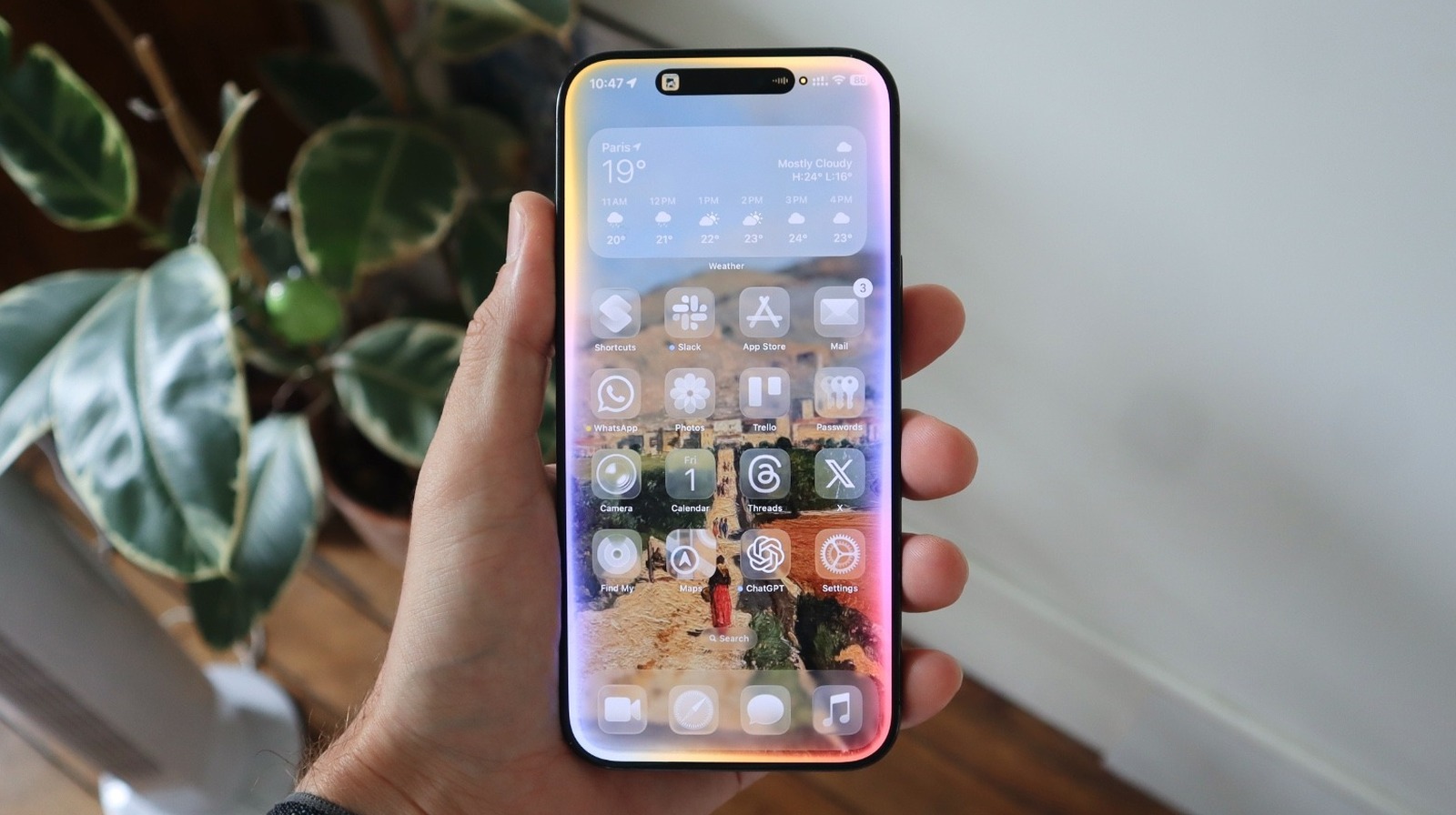Yet another survey of customer satisfaction in the wireless industry should have management at the three nationwide carriers looking in the mirror—if they can first stop contemplating the 10-figure income numbers in their quarterly earnings.
Market-research firm J.D. Power’s latest customer-satisfaction metrics, posted Thursday, once again show that people like wireless service better when they don’t deal directly with the big three. The top score of 726 out of 1,000 among the services covered in the firm’s research goes to Consumer Cellular, which resells AT&T’s service in cheaper plans. AT&T’s own postpaid service earns a score of 573, which falls 10 points below the 583 score of its prepaid brand.
(Credit: J.D. Power)
The same pattern prevailed with the second- and third-ranked services in J.D. Power’s research.
Mint Mobile, the prepaid service that T-Mobile bought last year, earns a score of 716, which tops the 626 score of its parent firm’s postpaid offering and the 617 score of T-Mo’s prepaid brand. Third-place Visible by Verizon, another prepaid service touting cheap rates, comes away with a score of 708, which exceeds its parent firm’s postpaid and prepaid numbers, 583 and 595, by even wider margins.
J.D. Power’s findings show many other prepaid and postpaid services with scores above the postpaid brands of the operators of the networks they resell. Some examples: 671 for Google Fi, the 10-year-old postpaid service that resells T-Mobile; 653 for Cricket, the AT&T-owned prepaid brand that just rewrote its plan lineup; 623 for Spectrum Mobile, a postpaid reseller of Verizon that augments that network with Spectrum’s own network of Wi-Fi hotspots.
“The findings show that value is the most important driver of the overall experience, followed closely by service quality,” says Carl Lepper, J.D. Power’s senior director of technology, media, and telecom. “As the market expands with a wide variety of brands designed to meet diverse customer needs, expectations are rising—not just for strong network performance, but also for service plans that reflect individual preferences.”

Get Our Best Stories!
A Smart, Bold Take on the Wireless World

By clicking Sign Me Up, you confirm you are 16+ and agree to our Terms of Use and Privacy Policy.
Thanks for signing up!
Your subscription has been confirmed. Keep an eye on your inbox!
PCMag’s Readers’ Choice picks show a similar pattern of customers preferring cheaper plans, with Google Fi, Mint Mobile, and Visible topping that list. Boost Mobile came in fourth on PCMag’s list and earns J.D. Power scores of 612 for postpaid and 608 for prepaid. (J.D. Power classified Boost as a reseller even though it has spent the last few years building a 5G network from scratch that is yielding impressive results in our tests.)
Lepper’s explanation: With Boost still relying substantially on resold AT&T and T-Mobile capacity and many of Boost’s customers having signed up with it on that basis, J.D. Power elected to treat it as a reseller.
He notes one other problem that would have come up if the company had classified Boost as a mobile network operator: “Had the company been in the MNO segment, they wouldn’t have been included in the study, given market share requirements.”
Recommended by Our Editors
But although the big three may not get much customer love after all three have raised their rates to varying degrees—AT&T by the least, T-Mobile by the most, Verizon in between—the quarterly earnings published over the past two weeks show them doing well by Wall Street’s metrics.
AT&T reported $4.9 billion in net income and added 401,000 postpaid accounts, T-Mobile cited $3.2 billion in net income and an additional 830,000 postpaid subscriptions, and Verizon made $5.1 billion in net income but lost 9,000 postpaid phone accounts.
To produce this study, a combination of two earlier survey projects that separately assessed customer care and the retail experience in wireless, J.D. Power quizzed 56,450 customers from December through May about their assessments of their wireless service in eight aspects: “value for price paid, quality of service. trust, ease of doing business, customer service, product and service offerings, digital tools, and problem resolution.”


Introducing the Galaxy Z Flip 7: More Power, More Screen, More Durability
About Rob Pegoraro
Contributor











